How Does Consuming Sugary Foods Affect Gum Health? How Can You Avoid This Impact?
Gum health is a crucial aspect of overall oral hygiene, yet it is often overshadowed by the more visible concern of tooth decay. While sugary foods are widely recognized as the culprits behind dental cavities, their impact on gum health is less commonly known but equally significant. In the United States, where sugary snacks and drinks are a staple in many diets, it becomes essential to understand how these sweet treats can undermine the health of our gums. Through this article, we aim to illuminate the connection between sugar consumption and gum problems, and provide practical strategies to mitigate these negative effects.
The Relationship Between Sugary Foods and Gum Health
Sugary foods contribute to gum disease by fueling the growth of harmful bacteria in the mouth. When we consume sugar, it provides food for bacteria that reside in the dental plaque that forms on teeth. These bacteria produce acids as a byproduct of their metabolism, which can irritate and inflame the gums. This condition, known as gingivitis, is the initial stage of gum disease and can progress if left unchecked. According to the Centers for Disease Control and Prevention (CDC), nearly 47% of Americans aged 30 and older have some form of periodontal disease, highlighting the widespread prevalence of these issues.
How Sugar Fuels Bacterial Growth
The oral cavity is home to countless microorganisms, both beneficial and harmful. Sugary foods create an environment that favors the proliferation of pathogenic bacteria, such as Streptococcus mutans. These bacteria feed on sugars and produce lactic acid, which contributes to the demineralization of tooth enamel. Likewise, the acids promote gum inflammation, leading to conditions like gingivitis and, eventually, periodontitis if the bacterial flora is not adequately controlled. This underscores the importance of limiting sugar intake as part of a comprehensive oral health strategy.
Recognizing and Addressing Gum Problems
Early detection of gum problems is key to preventing more serious periodontal diseases. Common symptoms of gingivitis include swollen, red gums and bleeding during brushing or flossing. If you notice these signs, it is advisable to consult with a dental professional promptly. Regular dental check-ups can help identify the onset of gum disease, enabling early intervention. Practices like effective brushing, flossing, and using an antibacterial mouthwash can significantly reduce oral bacteria. Moreover, a balanced diet low in sugary foods and rich in fruits and vegetables can promote healthier gums.
Effective Strategies to Avoid the Impact of Sugary Foods on Gum Health
Preventing the adverse effects of sugary foods on gum health involves both dietary changes and good oral hygiene practices. Here are some actionable strategies to consider:
- Reduce Sugar Intake: Limit your consumption of sugary snacks and beverages. Opting for sugar-free alternatives can make a significant difference.
- Brush and Floss Regularly: Maintain a routine of brushing twice a day and flossing once a day to remove plaque and food particles.
- Use a Therapeutic Mouthwash: Mouthwashes that contain essential oils or antibacterial agents can help control plaque and reduce gum inflammation.
- Stay Hydrated: Drinking water, especially after consuming sugary foods, helps wash away sugars and aids in the production of saliva, which naturally neutralizes oral acids.
- Regular Dental Visits: Routine check-ups and cleanings with your dentist ensure that any gum issues are caught and treated early.
Conclusion: Taking Control of Gum Health
Understanding the impact of sugary foods on gum health is the first step toward making informed dietary and oral hygiene choices. As we have discussed, sugars can exacerbate gum inflammation and foster the growth of harmful bacteria. To minimize these risks, it is crucial to adopt habits that prioritize oral health, such as reducing sugar intake, maintaining rigorous dental care routines, and seeking regular professional advice. By being proactive, you can help maintain optimal gum health, contributing significantly to your overall well-being. For more information about dental care, visit Dentistry Toothtruth.

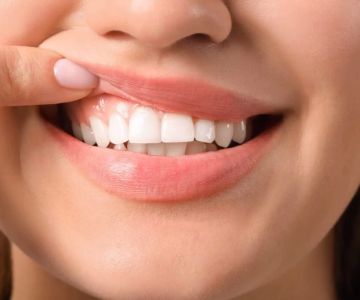
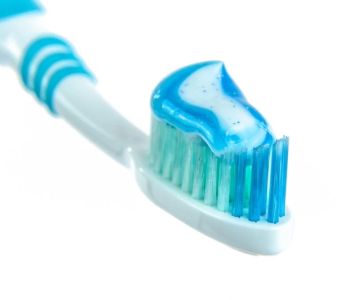
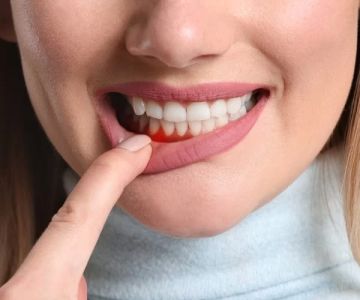
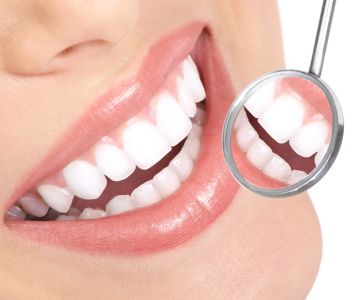

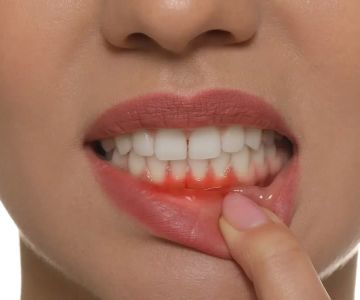
 Village Dental Center5.0 (393 review)
Village Dental Center5.0 (393 review) Amara Dental of South Plainfield4.0 (122 review)
Amara Dental of South Plainfield4.0 (122 review) Temescal Dental of Corona0.0 (0 review)
Temescal Dental of Corona0.0 (0 review) TRU DENTAL4.0 (325 review)
TRU DENTAL4.0 (325 review) Cuozzo Orthodontic Specialists4.0 (18 review)
Cuozzo Orthodontic Specialists4.0 (18 review) Hoffman Estates Dental Professionals4.0 (158 review)
Hoffman Estates Dental Professionals4.0 (158 review) The Importance of Oral Health Education During Pregnancy for a Healthy Pregnancy
The Importance of Oral Health Education During Pregnancy for a Healthy Pregnancy Best Tips for Brushing Your Teeth Properly for Healthy Gums: Essential Techniques for Oral Health
Best Tips for Brushing Your Teeth Properly for Healthy Gums: Essential Techniques for Oral Health Why Skipping Dental Checkups Can Lead to Bigger Oral Health Problems
Why Skipping Dental Checkups Can Lead to Bigger Oral Health Problems Advantages of Porcelain Dental Restorations
Advantages of Porcelain Dental Restorations How Can Diabetes Cause Tooth and Gum Problems? Preventing and Managing Oral Health Issues
How Can Diabetes Cause Tooth and Gum Problems? Preventing and Managing Oral Health Issues Healthy Habits for Promoting Good Oral Health and Hygiene: Tips for a Healthy Smile
Healthy Habits for Promoting Good Oral Health and Hygiene: Tips for a Healthy Smile